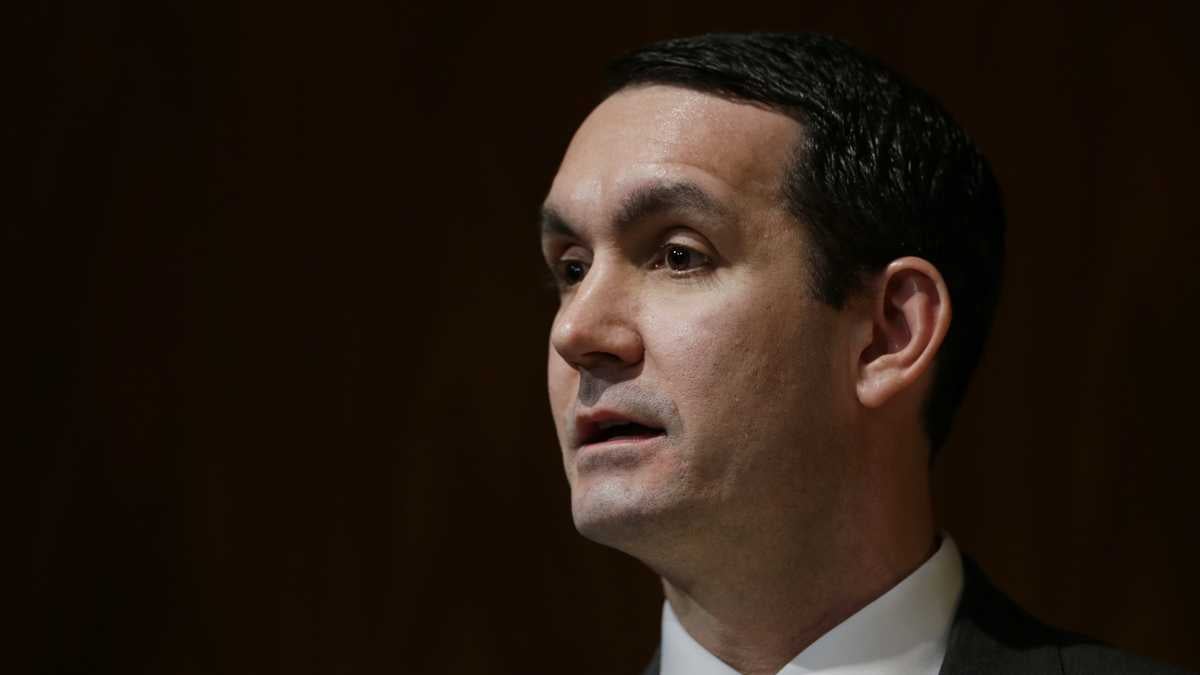Governor’s task force releases recommendations to help distressed pension funds

Pennyslvania Auditor General Eugene DePasquale (AP Photo/Matt Rourke)
It’s now up to the Governor and the legislature to consider turning these recommendations into laws.
Governor Tom Wolf’s Task Force on Municipal Pensions submitted its recommendations on Tuesday for helping underfunded municipal pension plans recover.
Underfunded municipal pension funds around the state carry a total liability of $7.7 billion, the majority in Philadelphia and Pittsburgh.
Some underfunded traditional pension plans — called defined benefit plans — have looked to alternatives like 401(k)-style systems that shift the financial risk away from municipalities and on to retirees. But the task force’s report doesn’t even mention such alternatives.
“The Governor is committed to a defined benefit plan,” said Auditor General Eugene DePasquale, who chaired the task force. “If it moves to the legislature and they have some other agreement on that, that’s a different discussion.”
Instead, the focus was on increasing transparency and accountability, including the following measures:
Increase penalties, like the full elimination of state aid, when a municipality does not pay its full, annual pension obligation.
Disallow the use of state aid to pay for administrative costs.
Require that municipalities publicize actual pension liability number.
Take pensions out of collective bargaining to increase predictability.
Be transparent about pension management fees and costs.
The report also proposed steps to improve funding levels for distressed pensions:
Move all distressed plans to a state-wide state-run centralized agency, like the Pennsylvania Municipal Retirement System (PMRS).
Consider creating a new, statewide benefit structure for any new hires, potentially one for non-uniformed and one for uniformed employees.
Limit the amount of overtime that can be included when calculating benefits and exclude unused leave days.
Assume more realistic rates of return, even if that move happens incrementally.
Control investment management fees by limiting the use of active managers.
Avoid any benefit increases that would drive plans to below 90 percent funded, and hold on to returns in excess of assumptions until a plan is more than 130 percent funded.
Stop Deferred Retirement Option Plans (DROP).
The task force acknowledges that Philadelphia and Pittsburgh, due to their size, could be hard for PMRS to manage without additional staff. The report says those cities should have the option to keep their plans locally managed but should develop a plan that adheres to the recommendations above.
It’s now up to the Governor and the legislature to consider turning these recommendations into laws.
WHYY is your source for fact-based, in-depth journalism and information. As a nonprofit organization, we rely on financial support from readers like you. Please give today.


